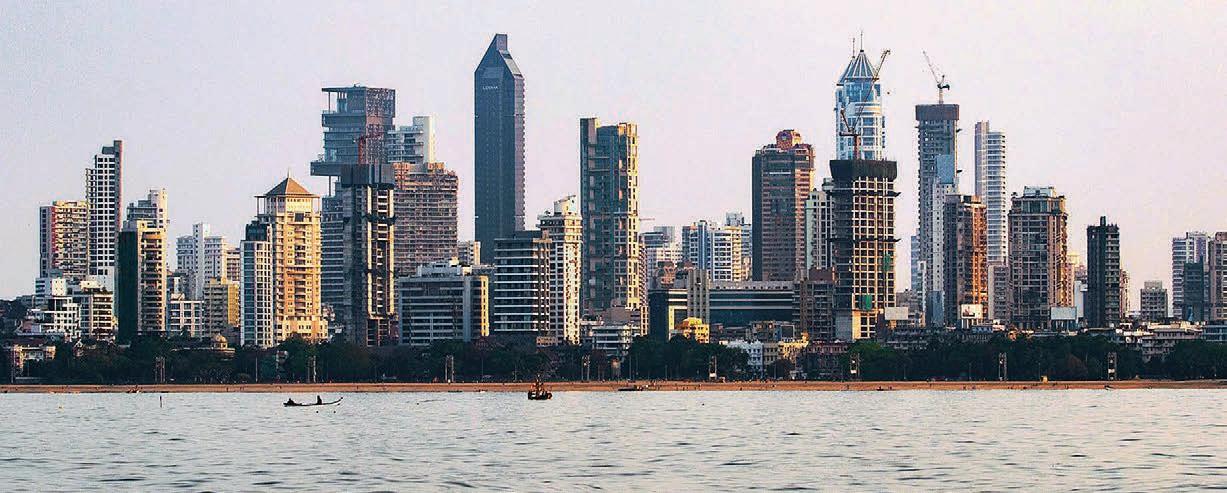
1 minute read
NZ is an offsetting outlier, says BLNZ
Neal Wallace NEWS Emissions
NEW ZEALAND and Kazakhstan are the only countries in the world that allow the forestry offsetting of fossil fuel emissions.
That is the finding of new report commissioned by Beef + Lamb NZ (BLNZ), which said this anomaly puts NZ at odds with the rest of the world and damages the agricultural sector and rural communities.

BLNZ chief executive Sam McIvor said 175,000ha of sheep and beef farmland was bought for conversion to forestry between 2017 and 2021.
The impact of this, said McIvor, was the loss of 1 million stock units and 8000 jobs, with $170 million less spent in communities annually and $245 million less earned in export revenue annually.
McIvor said because NZ allows firms to offset 100% of their emissions and allows the full participation of forests in the NZ Emissions Trading Scheme (ETS), the carbon market and forestry sectors are intricately linked and can impact each other.
He labelled forestry offsetting fossil fuel emissions a shortterm fix that creates long-term problems and called for limits to slow the conversion of sheep and beef land to forestry.
“We are absolutely not antiforestry and there is a place for some carbon offsetting, but we are very concerned about the volume of carbon offsetting,” McIvor said.
Other countries manage the risks of carbon forests by limiting their use in carbon markets, requiring additional social benefits and seeking ministerial approval for exotic forest projects.
BLNZ concerns have support from the Climate Change Commission (CCC).
In its latest advice to the government, the commission said the ETS wrongly gives equal treatment to gross emission reductions and carbon dioxide removal by forests.
The CCC report says this creates strong economic drivers for afforestation, which raises social licence issues for the forestry sector given its impact on the environment and rural communities.

“The purpose of the NZ ETS needs to shift from focusing only on net emissions to ensuring gross emissions also reduce.
“This requires decoupling the incentives for gross emissions reductions and afforestation, so the amount of gross reductions driven by the NZ ETS is no longer dependent on the amount of removals achieved by forests.”
The commission still sees a role for forestry sequestration, and estimates 500,000ha of new plantings will be needed by 2035.
McIvor said integrating forestry and farming could meet much of NZ’s sequestration needs while allowing food production to continue, maintaining rural employment and preserving export revenue.
The European Union and the United Kingdom do not allow carbon offsetting in their ETS, while China, South Korea, and the US states of Washington, North Carolina and California allow for 5%.

Mexico and Taiwan, along with Canadian province Quebec, allow for 10% and areas such as Tokyo permit up to 33% offsetting.









